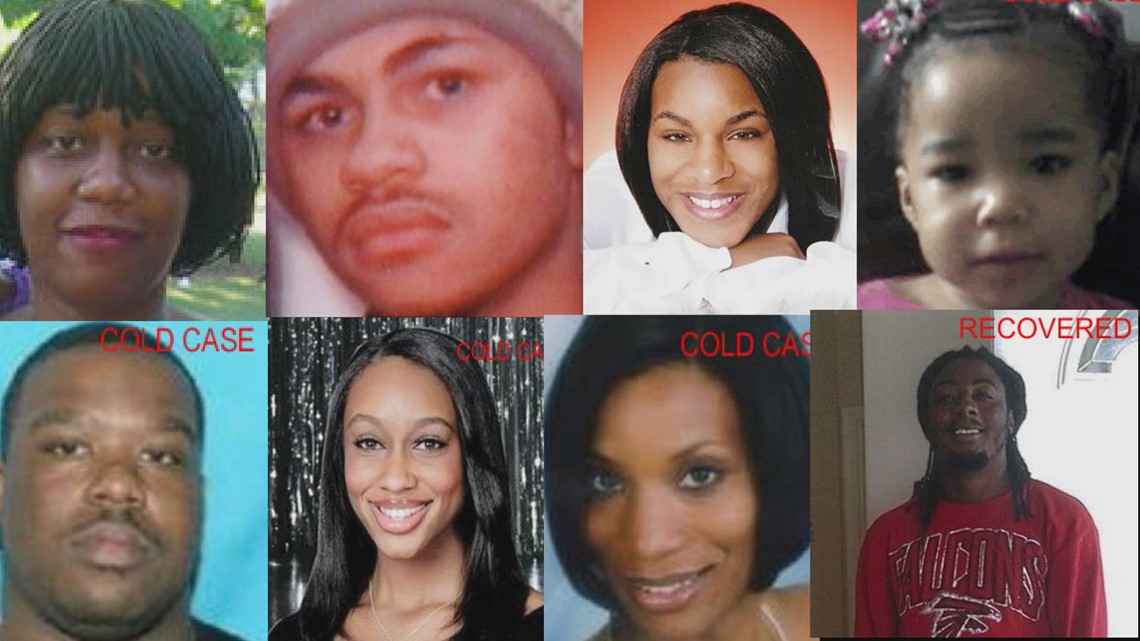
So politics was always there, in the family space, and this had a big influence upon me,” she says.Īs Mazibuko became older, she began to notice the “huge difference between the white world and the black world” in South Africa, where “whites had everything – like good roads and things – and the blacks had nothing.” “There was this funny situation where people weren’t allowed to come to our house and things like that, and my father was not allowed to teach. Mazibuko grew up hearing these stories “about the young lions my father had taught.” The police arrested Fanyana Mazibuko for his activism and served a banning order upon him. “A lot of the planning for the historic 1976 uprising by black pupils in Soweto against the teaching of Afrikaans, the language of the white oppressors, in their schools happened at Morris Isaacson.” They placed a great premium on education, while still advocating resistance to racism,” Mazibuko told VOA. “My father, although he encouraged his pupils to express themselves politically, was part of the same generation as Steve Biko (the South African black consciousness leader who was beaten to death by the apartheid police in 1977). The school served as a breeding ground for anti-apartheid activists. He was a teacher at Morris Isaacson High in Soweto, the sprawling township on the outskirts of South Africa’s largest city, Johannesburg.

Mazibuko acknowledges her father, Fanyana, as a great influence on her. It’s to understand why that happened, and how we can recover from it,” she explains. “I wanted to join the dots between the 1970s – when there was this drive to get education that was seen as your only hope as a black person – and the meltdown that happened in the 1980s, when the slogan ‘Liberation Before Education’ was prevalent amongst militant township youth. In her various narratives about anti-apartheid resistance, Mazibuko presents the 1970s and 1980s in South Africa as two “very different eras,” albeit with education tying the two decades together.
#ARE BLACK PEOPLE THE MISSING LINK SERIES#
In the fourth part of a series on new African authors, VOA’s Darren Taylor tells of Mazibuko’s quest to herald South Africa’s unsung heroes.

But she feels that most of the young people who fought the might of the apartheid machine in the townships have received little or no recognition. Mazibuko says much has been written about the fight against white supremacy in South Africa. She has set out to narrate the sacrifices made in the 1980s by South African youth, who formed underground structures at the height of the popular resistance to the racist policies of the National Party (NP) government. South African writer Nokuthula Mazibuko says her recently published book, Spring Offensive, is concerned with the “missing link” in her country’s much-documented struggle against apartheid.


 0 kommentar(er)
0 kommentar(er)
